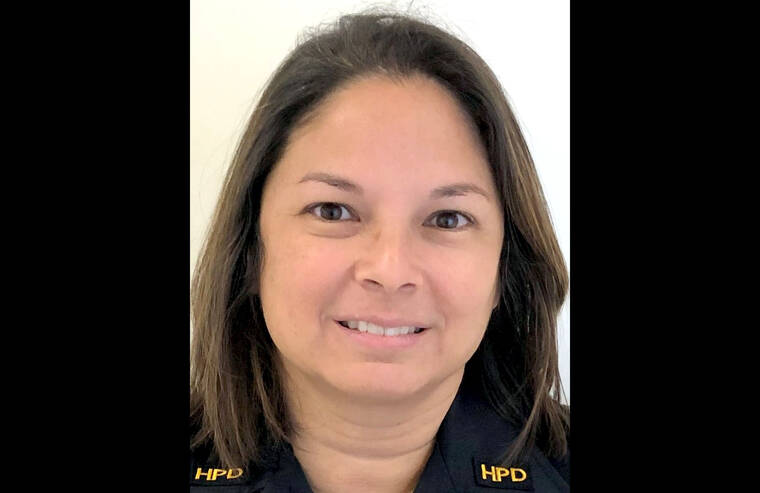No immediate solutions were forthcoming after a Tuesday discussion about the woes facing Hawaii County’s animal control operations.
A meeting of the County Council’s Committee on Parks and Recreation and Public Safety featured a presentation by the Hawaii Police Department, which administers animal control services. The presentation had been postponed from a previous meeting on Oct. 4.
But despite the delay, the discussion was inconclusive.
Animal Control Director Regina Serrano told the committee that the police’s Animal Control division differs from the Hawaii Island Humane Society — which previously held the contract for animal control services until June 2020 — because HIHS is an open intake shelter.
This means, Serrano said, that the Humane Society could be selective about the services it offered and the animals it could accept, a luxury which HPD’s Animal Control division does not have. She added that many of the animals sheltered by Animal Control truly are dangerous animals that pose a threat to both her staff and the general public.
According to Animal Control documents, there were 457 cats and 1,519 dogs that were sheltered at county facilities between July 2021 and June 2022. Of those dogs, 641 were transferred to other facilities, 400 were returned to their owners, 16 were adopted, 22 died and 392 were euthanized.
Police Maj. Aimee Wana explained at the meeting that the county’s two shelters have a capacity of 110 dogs and 50 cats between them.
On Oct. 6, she said there were 29 animals at the shelters that were confiscated — whether for being dangerous dogs, being the victims of animal cruelty or neglect, or because their owners were arrested. These animals are not allowed to be released.
“We are entirely at the mercy of the courts,” Wana said, explaining that dangerous dogs can be euthanized only if they are surrendered by the owners and don’t have to be held as evidence. “We can end up holding them for months or even over a year.”
Meanwhile, Wana said, Animal Control is required to hold impounded animals for at least 48 hours. At the time of Tuesday’s meeting, Wana said there were 14 animals that had arrived within the previous two days.
Between these requirements, Wana said there is not a lot of capacity for Animal Control to take in strays.
The county recently bought a third shelter in Puna that is being prepared for use by Animal Control, but Serrano noted that it is not ideal for the purpose: the kennels are open-top, which would allow an industrious animal to climb out, and its chain-link fences could be broken by a strong dog.
Wana said Animal Control is subject to a certain amount of misinformation, and clarified that the division does not automatically euthanize animals immediately after 48 hours — the average shelter time for an animal is about 45 days. Instead, she said, partner agencies visit the division’s shelters each week to pick out animals that are then transferred to those agencies.
Serrano also said Animal Control is short-staffed by about 33%, although she added that the division now has somebody manning the telephone at all times.
“Given the current landscape, with veterinarian shortages … I think we’ve made the most with what we have,” Wana said.
Council members commiserated with the woes of the division, but didn’t have many suggestions beyond filling the vacant positions.
Hilo Councilman Aaron Chung concluded that there is a “philosophical clash” regarding the purpose of animal control services, which Hamakua Councilwoman Heather Kimball echoed.
“(Animal Control’s) biggest purview is handling cases of dangerous dogs and animal abuse,” she said. “Not things like population control or vector control.”
The committee and the HPD Animal Control representatives all agreed, however, that it would greatly aid the division’s mission if more people microchipped their pets.
According to the Animal Control documents, fewer than 20% of the animals sheltered between July 2021 and June 2022 were reunited with owners, and most of them did not have any identification.
Email Michael Brestovansky at mbrestovansky@hawaiitribune-herald.com.
